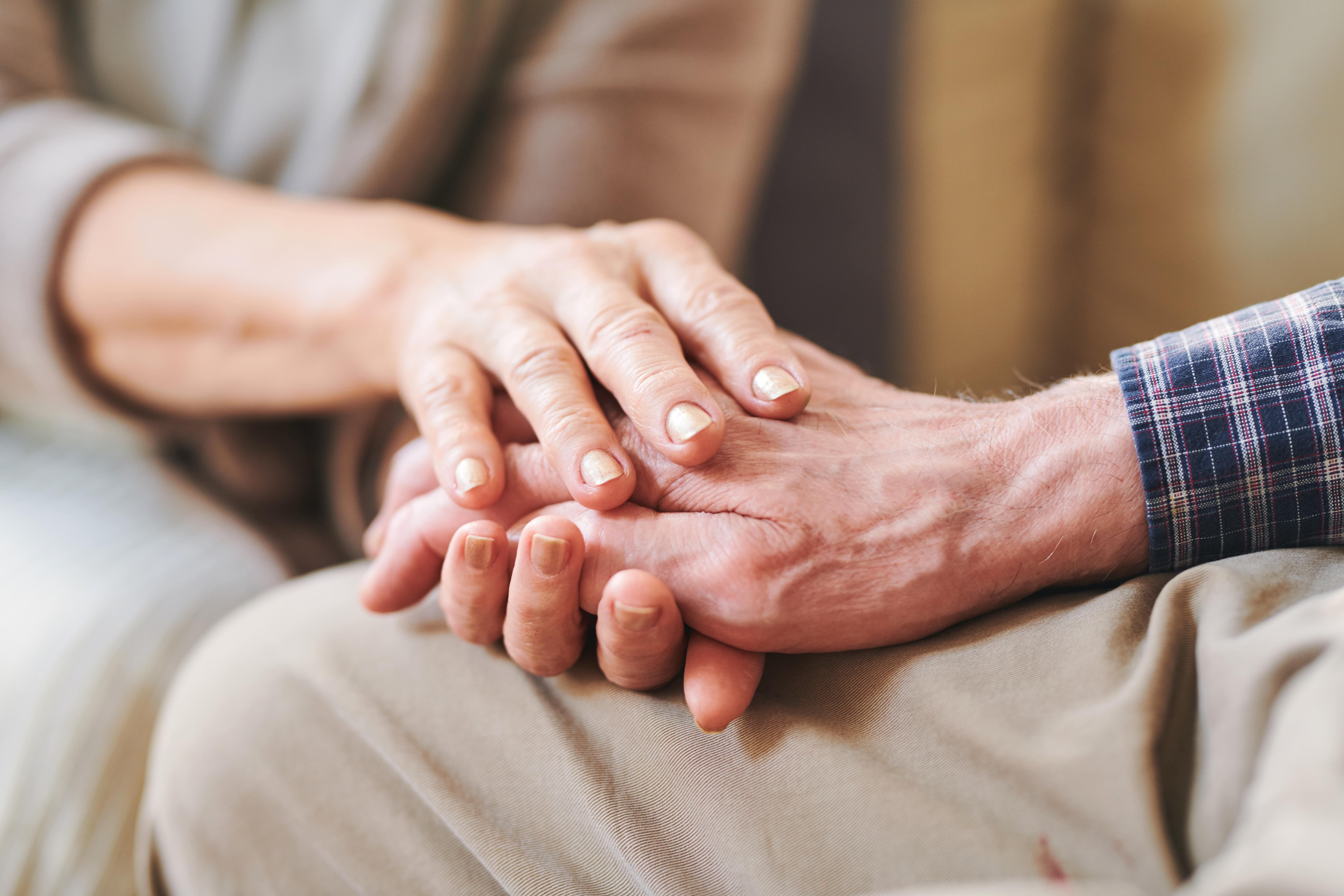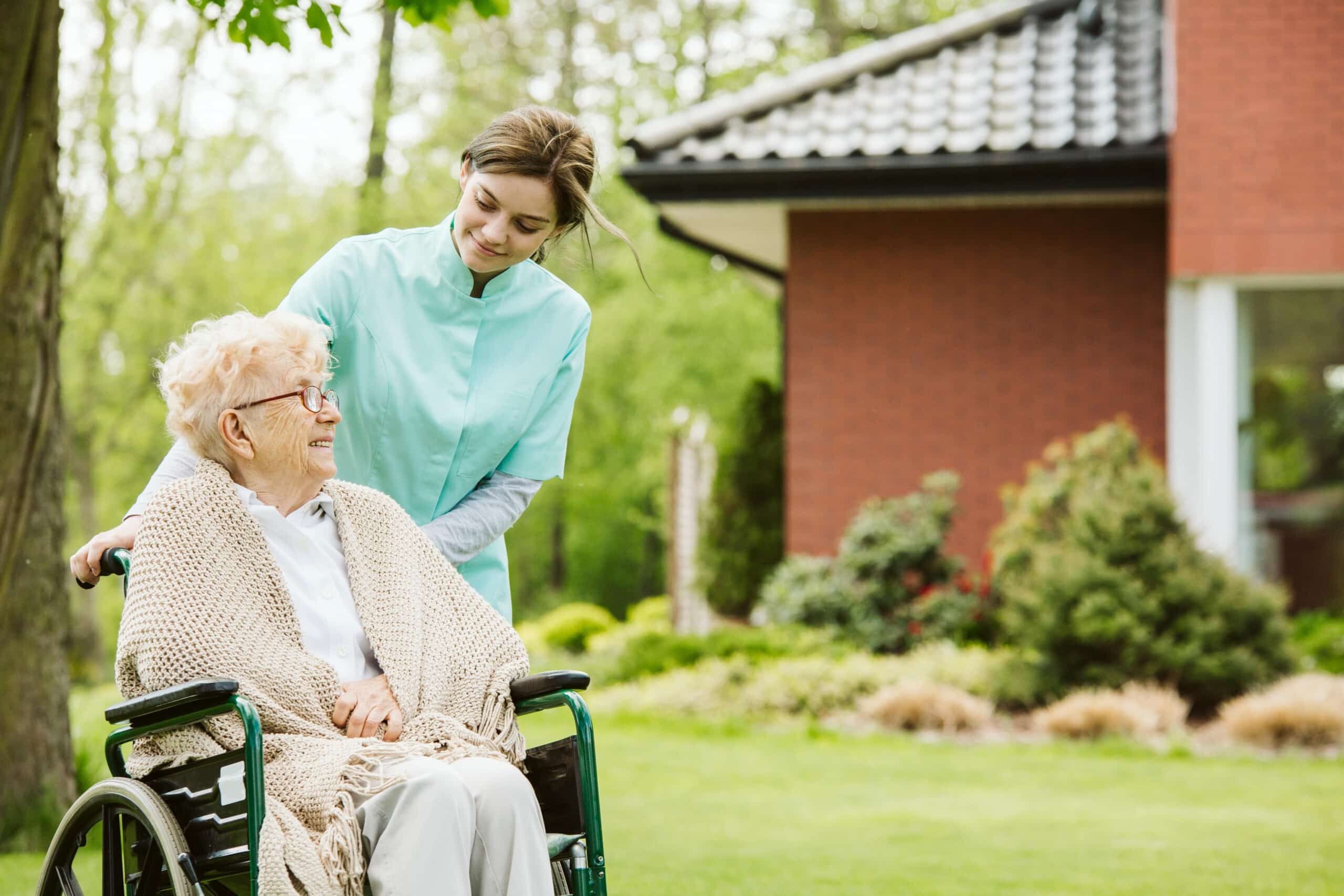by Dr. Tiney Ray
Share

Undiagnosed mental illness in seniors increases suicide risk
Learn to spot possible signs of mental illness in elderly loved ones so you can help them receive the support they need to thrive. According to the Centers for Disease Control, 20 percent of people over 65 experience some form of mental health concerns. The good news is that 80% of these issues respond very well to treatment.
Left untreated, mental health issues can increase suicide risk, especially in the elderly. But to get treated, a person with mental illness needs a professional diagnosis.
Look over these 10 signs that could indicate mental or cognitive illness in your elderly loved one:
- Changes in appetite. Uncharacteristic decrease or increase in appetite as well as sudden weight loss or gain could indicate the beginnings of a mental health issue.
- Changes in hygiene habits. People with mental illness sometimes lose the desire or motivation to change clothes, bathe, brush their teeth, or groom their hair. Alternatively, some may unexpectedly begin to obsess about cleanliness and become obsessive about personal hygiene.
- Sleep disturbances. Sudden changes in sleeping habits, such as sleeping excessively or having great difficulty getting to sleep and staying asleep may point to possible mental health struggles.
- Loss of interest in favorite pastimes. When people, of any age, lose interest in hobbies or activities they typically found fun and enjoyable, this could indicate depression.
- Disorientation or confusion. Confusion or disorientation may indicate onset of dementia, but it also may be a sign of psychosis.
- New physical symptoms. Seniors who exhibit unexplained physical symptoms like profuse sweating, shaking, muscle tension, or changes in bowel habits should be evaluated for Parkinson’s disease and mental illness.
- Social withdrawal. Seniors who suddenly withdraw from social activities may have depression or anxiety.
- Substance abuse. People of all ages, including elderly, may begin consuming more alcohol than usual, abuse medications, eat unhealthy foods as a coping mechanism for mental struggles.
- Express feelings of despair or worthlessness. People with serious depression or other mood disorders (i.e. bipolar) often feel overwhelmed by feelings of despair, sorrow, emptiness, or uselessness.
- Personality changes. One common symptom of dementia or mental illness involves sudden personality changes. The person may become inappropriately angry, become tactless with others, or make inappropriate comments.
If you notice some of these symptoms in an elderly person you love, make arrangements for him or her to be evaluated by a mental health professional. The correct diagnosis marks the first step to getting appropriate treatment and a better quality of life.
STAY IN THE LOOP
Subscribe to our free newsletter.
Related Posts
How cognitive decline can effect mental health When it comes to mental illness and dementia, people commonly think dementia is a particular type of mental illness. That’s understandable, since both of these can manifest in similar ways, but there are crucial differences to understand so you can provide the best care for your elderly loved
Diagnosis comes less than a year after retirement due to aphasia The family of celebrity Bruce Willis revealed the actor received a diagnosis of dementia. Less than a year before, 67-year-old Willis announced his retirement from acting as he was suffering from aphasia. Aphasia is a disorder, which affects communication, making language expression and understanding
Doctors and other healthcare professionals make up the heart of critical care for your loved one living with dementia. They work together with family, friends, and other trusted individuals to provide support during the patient’s life with the disease. It’s imperative that the dementia patient’s family develop and maintain clear channels of communication with professional





